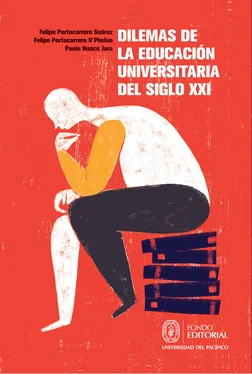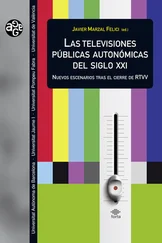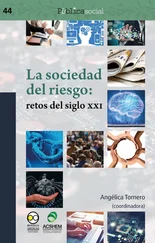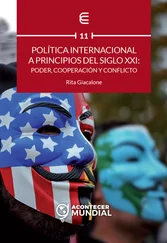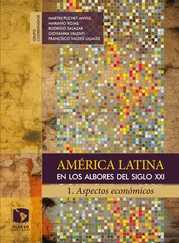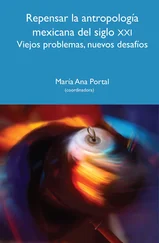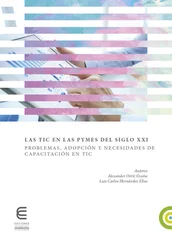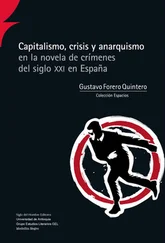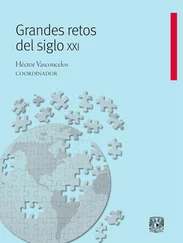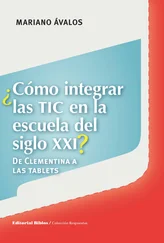3«[…] an institution of higher education is one of the places where the question of what living is for can be pursued in an organized way» (la traducción de esta y de las siguientes citas en inglés es de los autores del presente libro).
4«[…] pushed to the margins of professional respectability in the humanities, where it once occupied a central and honoured place».
5«[…] college is a time to explore the meaning of life with an openness that becomes harder to preserve the further one enters into the responsibilities of adulthood, with their many entanglements».
6Kronman sugiere que los programas de artes liberales –liberal arts– son los llamados a asumir la responsabilidad de brindar el espacio y el tiempo propicios para resolver esta interrogante y emprender la búsqueda del sentido de nuestras vidas; pero en sistemas universitarios que no ofrecen tal programa, los estudios generales son una interesante opción para, al menos, abordar el tema.
7«[…] with a wide range of human pursuits and to equip them with a general knowledge of themselves and of the world that will prepare them to meet the personal, ethical, and social challenges of life, regardless of the career they eventually choose».
8En el año 1932, se publicó la primera edición por Harper & Brothers. Aquí utilizamos la edición de 1981, trabajada por John Walker Powell, gran amigo y colega de Meiklejohn, donde se relata la experiencia ocurrida en la Universidad de Wisconsin, Madison, en la que durante seis años Meikeljohn puso en práctica su propuesta.
9«[…] over against the specialized teaching of men for banking, for scholarship, for industry, for art, for medicine […] there is the general teaching of men for intelligence in the conduct of their own lives as human individuals».
10«[…] his primary lesson, [is] to take care of himself».
11Punto polémico que será revisado en la cuarta sección de este capítulo.
12El asunto de las libertades individuales –puntualmente, la libertad de elección– es de suma importancia para el enfoque que presenta Nussbaum, dando la sensación de reproducir la lógica individualista del liberalismo tradicional. Sobre esto, Tubino señala que «el desarrollo humano no es compatible con el individualismo liberal. Es un proyecto societario que promueve la participación política de la sociedad civil, la libertad cultural, la inclusión de la diversidad en la vida pública. La calidad de vida es pues un asunto que no se restringe al bienestar individual» (2010, p. 189).
13Aunque aquí cabría marcar la distancia entre la educación básica y la superior, entendiendo que el Estado tiene una mayor capacidad prescriptiva en las políticas públicas que definen la orientación de la primera, mientras que la segunda goza de una mayor autonomía en materia del contenido de las materias que imparte.
14Con motivo del Congreso sobre Humanidades realizado en la PUCP en el año 2017, Juan Carlos Alvial y Ramón Soto en su ponencia «La pérdida del sentido del humanismo en la tecnocracia de la universidad» comentan lo siguiente: «Pasa el tiempo y no logramos el equilibrio de la “educación integral” que en el discurso declaran diferentes proyectos educativos, por eso se encienden las alarmas, ya que se ha olvidado el verdadero sentido del ser humano, aquel que posee caracteres propios que lo hacen, evidentemente, diverso en medio de especies, controversias y sistemas; y, quizás, la agudización de este olvido ni siquiera cae en cuanto a las dos primeras, sino que por el contrario en base a una absolutización de sistemas sociales burocráticos impuesta por la abismante tecnificación. Desde esta cuestión, podría surgir una sospecha hacia lo técnico, pero más allá de ello, la paradoja surge al momento de optar por lo que parece útil, y dejar de lado a la persona humana (inútil), provocando un desequilibrio que perjudica al sujeto y la sociedad misma» (p. 2).
15«[…] call for a resolution through compromise».
16«[…] the sensible answer is to extend equal opportunity now to those who were previously denied it».
17«[…] how far can we go in searching for human unity if we refuse to consider cultures that we admit are different from ours yet are presumably part of the unity that we seek?»
18Filósofa y escritora norteamericana, feminista y especialista en ética.
19Literato, profesor en la Universidad de Pensilvania. Sus investigaciones están centradas en temas relacionados con los estudios culturales y los derechos de las personas con discapacidad.
20«The humanities apparently must “justify their worth” in large universities […] in tough and flush times».
21«Once the logic of profit becomes the organising principle of so many parts of society, the ground is prepared for the growing expectation that the humanities should be able to survive in a largely marketized higher education sector and should be able to prove their worth and “utility” in the terms defined by the market itself».
22«[…] it might be suggested, [Nussbaum] has effectively been promoting what could be ostensibly seen as a pro-impact view, albeit one that rejects profit as a legitimate goal».
23«Whether under funder-enforced or self-imposed pressures to be “impactful” and “useful” to either society or business, the humanities seem to have gone from an apparent position of uselessness and guilty, self-indulgent detachment from the world to being tasked with having a positive and measurable transformative effect on society and the economy».
24«[…] the humanities are disciplines of livelong learning, not providers of tasty desserts in a meal whose main courses consist of business administration and technology transfer».
25«[…] we should, rather, see the humanities as the study of what it means and has meant and might yet mean to be human, in a world where “the human” itself is a variable term, its definition challenged and revised time after time».
26«[…] we should say that what we offer is not the prospect of a better life but the (ancient and ever-changing) promise of an examined life».
Конец ознакомительного фрагмента.
Текст предоставлен ООО «ЛитРес».
Прочитайте эту книгу целиком, купив полную легальную версию на ЛитРес.
Безопасно оплатить книгу можно банковской картой Visa, MasterCard, Maestro, со счета мобильного телефона, с платежного терминала, в салоне МТС или Связной, через PayPal, WebMoney, Яндекс.Деньги, QIWI Кошелек, бонусными картами или другим удобным Вам способом.
